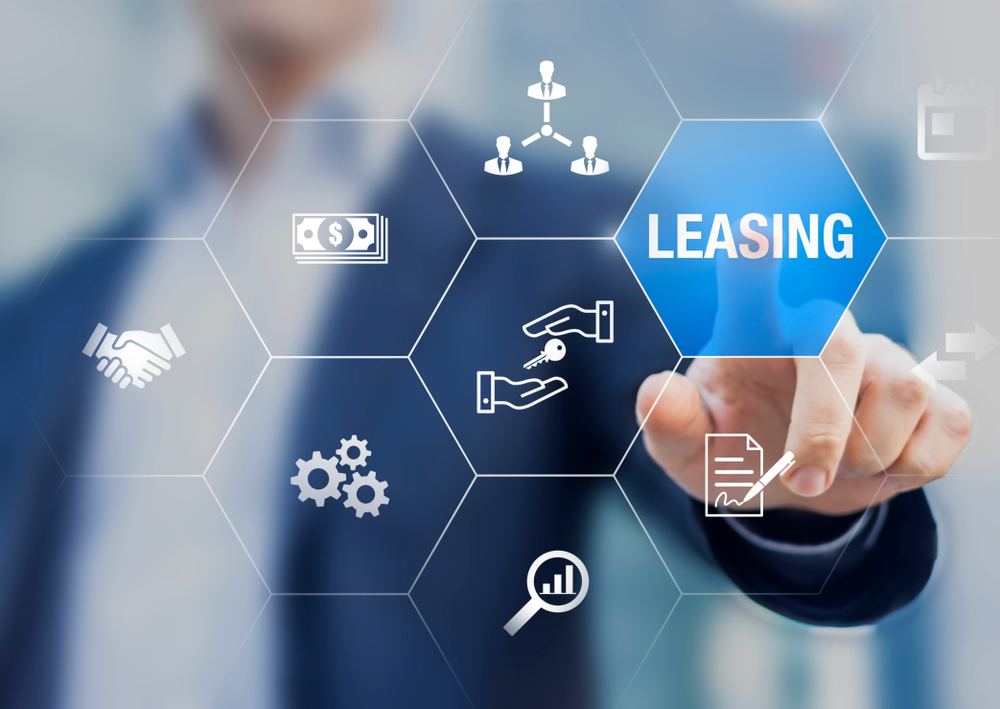March 21
Even though many companies have migrated their tech stack to the cloud, there are still a lot of good reasons to locate workloads on physical servers in efficient colocation facilities, especially as part of dynamic hybrid IT deployments. Colocation customers frequently transition their on-premises assets into the provider’s facility, but a growing number of them have decided to transition to a leasing model for their data center equipment. This is especially attractive for companies that don’t have existing resources to migrate as well as those looking to ditch their legacy hardware.
4 Reasons to Lease Data Center Equipment
There are several good reasons why organizations might choose to lease their data center equipment rather than purchase their own.
1. Faster Upgrades
As technology continues to advance at a rapid pace and the computing demands of today’s big data applications grow along with it, organizations frequently find themselves having to replace their outdated IT equipment more quickly than ever. As recently as 2018, a little over 50 percent of data centers were replacing their servers every four to six years. By 2020, however, those figures had shifted significantly, with 42 percent replacing them every two to three years and just over one quarter of facilities surveyed replacing servers each year.
Purchasing IT equipment outright frequently locks organizations into the lifecycle of that hardware, even when more powerful and efficient versions become available. By leasing assets within a colocation environment, they can maximize their IT spend by ensuring that they’re always paying for the most up-to-date hardware. This has the added benefits of avoiding reliability problems as equipment nears its end-of-life and minimizing the risk of configuration, compatibility, and firmware issues.
2. Lower Costs
As is frequently the case with IT strategies, cost is an important consideration when it comes to buying or leasing equipment. Purchasing hardware represents a significant capital investment. While it may seem like a good long-term choice to simply pay for a server up front rather than leasing over time, it’s important to remember how server refresh cycles impact those decisions. If a business is replacing its servers every two years, it may not be saving much over time, especially if someone has to deal with the hassle of buying new equipment regularly.
Leasing data center equipment allows organizations to convert a capital expense into an operating expense. There are also tax provisions under Section 179 that allow businesses to claim a deduction on leased computing hardware. This combination of benefits make leasing an attractive option even for large enterprises looking to trim their IT costs at the margins.
3. Better Performance
For organizations that need a tech stack capable of delivering powerful, fully-optimized, low-latency performance, they aren’t likely to find it by mixing and matching the IT components involved. Unless they’re building a dedicated on-premises facility to their exact specifications, purchasing equipment and finding a colocation environment that’s setup to handle it (and in the right location for latency purposes) is a complicated and potentially wasteful undertaking.
Offloading the responsibility for maintaining that optimized environment to a trusted provider also allows businesses to dedicate more of their resources to doing what they do best rather than bogging themselves down with managing hardware deployments and infrastructure.
4. Greater Flexibility
Today’s hybrid and multi-cloud deployments are dynamic and responsive to ever-changing operational needs. While it might make sense today to keep some data on a physical server, requirements might change overnight and cause workloads to shift elsewhere. When an organization makes an investment in physical IT equipment, it locks itself into making the most of that investment, even when it may not make operational sense to do so. Even worse, a “buy and deploy” strategy makes it difficult for them to quickly respond to opportunities. By the time an IT department procures the necessary equipment to scale capacity, the need for those resources may have passed, leaving them stuck with unused (and costly) equipment.
By leasing hardware, companies can maintain the flexibility necessary to take an application-first approach to managing their tech stack. The ability to fluidly shift spending from one resource to another allows them to adapt to disruption and make the best possible decisions related to their digital transformation strategies. When capacity needs to be scaled, new assets can also be procured quickly without any prolonged purchasing and delivery cycles. This not only allows them to quickly capitalize on opportunities, but also ensures that newly provisioned equipment will not go to waste. Should the need for extra capacity decrease, the organization can simply scale back its leasing spend to bring its IT budget back down to previous levels.
Build Your Ideal Hybrid IT Deployment with Evoque
Evoque Data Center Solutions offers a unique combination of colocation and cloud engineering resources to help today’s innovative companies build the dynamic digital environments that will empower their future growth. Our multi-generational approach to infrastructure ensures that your applications will always have the resources and connectivity they need to reach and exceed their potential.
To learn more about how we’re redefining colocation services and cloud architecture to support your operational needs, talk to one of our solutions specialists today.



